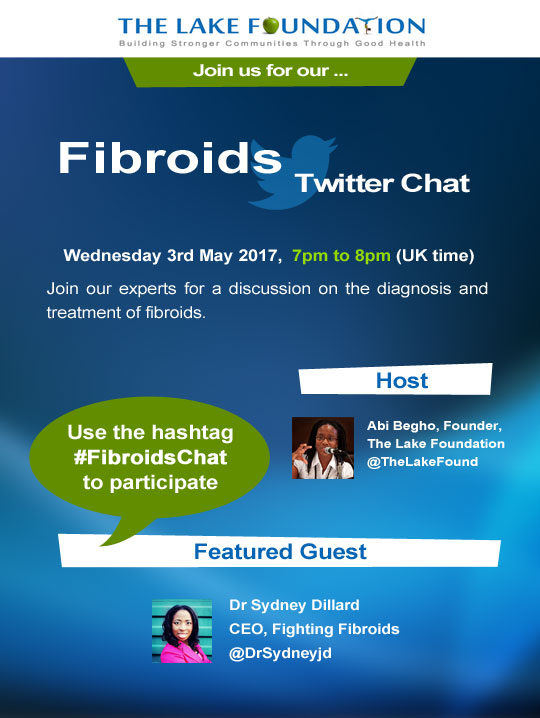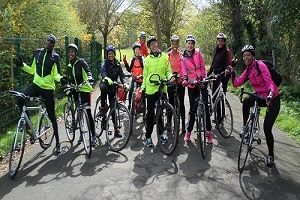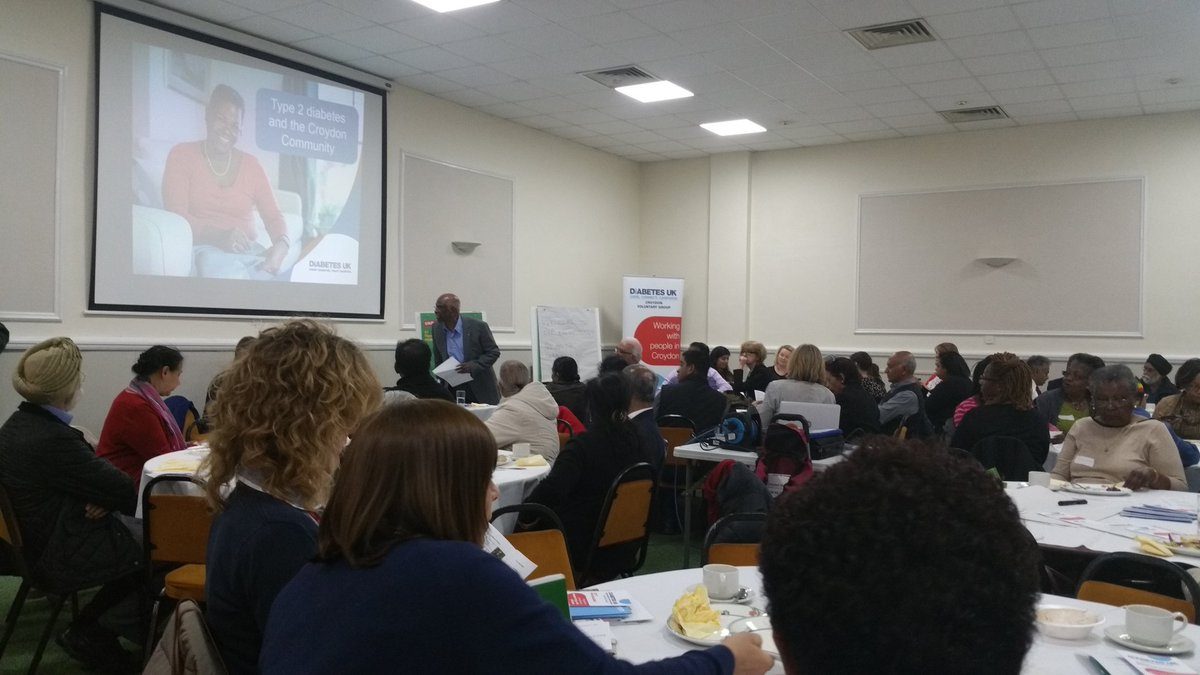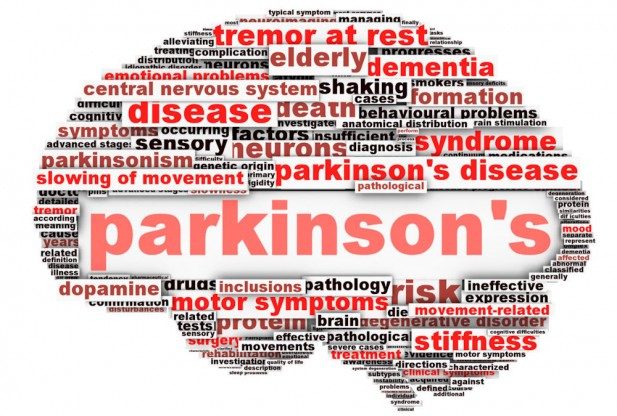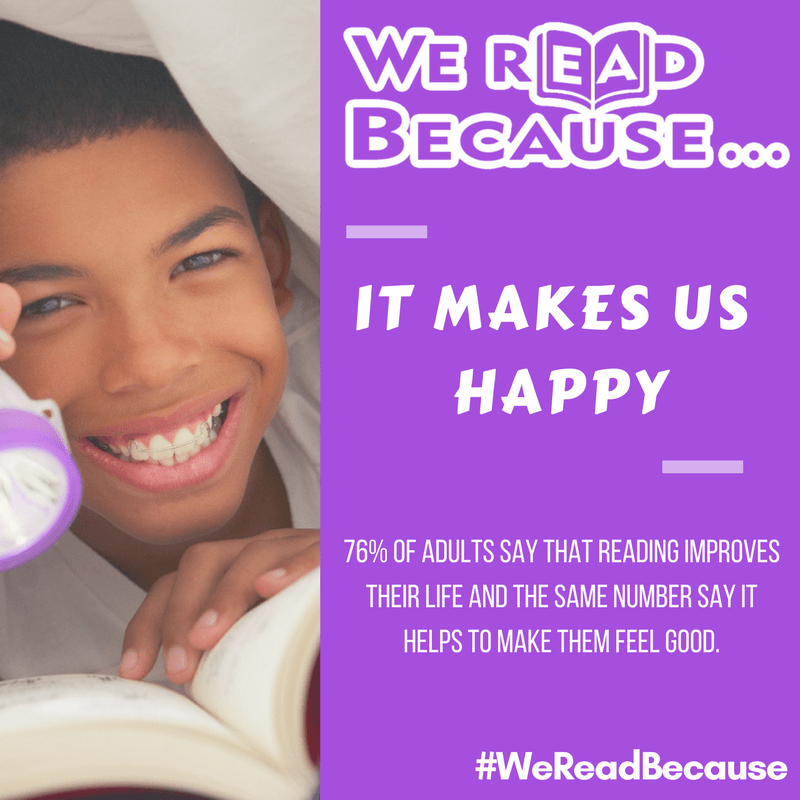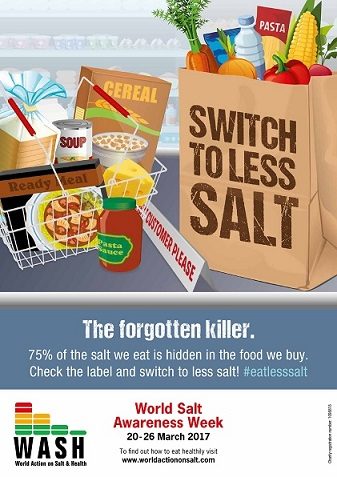A Summary of This Week’s Fibroids Twitter Chat with Dr Sydney Dillard
On Wednesday, we were so excited to host our third fibroids Twitter chat. We were joined by special guest Dr Sydney Dillard, CEO of Fighting Fibroids to discuss the symptoms and diagnosis of fibroids. If you missed it you can check out our conversation below.
Hello all, it’s @AbiBegho here and it’s my pleasure to welcome you to The Lake Foundation’s #fibroids #TwitterChat. #FibroidsChat
— Lake Health and Wellbeing (@lakehealthwell) May 3, 2017
Today we’ll be discussing the symptoms, diagnosis and treatment of #fibroids. We’ll be putting questions to our special guest. #FibroidsChat
— Lake Health and Wellbeing (@lakehealthwell) May 3, 2017
I’m delighted to introduce our guest, @DrSydneyjd. Please tell us a bit about who you are and what you do. #FibroidsChat
— Lake Health and Wellbeing (@lakehealthwell) May 3, 2017
Thank you for having me. I am a wife, mother, daughter, and professor who has dedicated her life to addressing fibroids #fibroidschat
— Dr. Sydney Dillard (@DrSydneyjd) May 3, 2017
Wonderful! Thank you for joining us again. You’re becoming a regular 🙂 Great to have you tonight #fibroidschat.
— Lake Health and Wellbeing (@lakehealthwell) May 3, 2017
Ok, we’ll get going with our discussion. Tonight we’re focusing on the #symptoms, #diagnosis and #treatment of #fibroids. #fibroidschat
— Lake Health and Wellbeing (@lakehealthwell) May 3, 2017
.@DrSydneyjd, let’s start at the beginning. How would a woman know she has fibroids? What are the symptoms? #fibroidschat
— Lake Health and Wellbeing (@lakehealthwell) May 3, 2017
Great Q. There are numerous symptoms. The most common include heavy bleeding, pain in the abdomen, lower back, and cramp #fibroidschat pt1
— Dr. Sydney Dillard (@DrSydneyjd) May 3, 2017
while others symptoms may include decreased fertility. #fibroidschat pt2
— Dr. Sydney Dillard (@DrSydneyjd) May 3, 2017
Those are a lot of #symptoms! Do women get all of those symptoms or just some of them and what is the most common #symptom? #fibroidschat
— Lake Health and Wellbeing (@lakehealthwell) May 3, 2017
Symptoms vary across women so it’s difficult to say, but heavy periods seems to rise to the top as most common often times #fibroidschat
— Dr. Sydney Dillard (@DrSydneyjd) May 3, 2017
.@DrSydneyjd What other conditions may be associated with these symptoms? Other gynae conditions may have similar symptoms? #fibroidschat
— Lake Health and Wellbeing (@lakehealthwell) May 3, 2017
There are a handful of other conditions associated with similar symptoms such as PCOS, ovarian cysts, polyps, etc #fibroidschat
— Dr. Sydney Dillard (@DrSydneyjd) May 3, 2017
.@DrSydneyjd If a woman thinks she has symptoms what should she do? Should she go straight to her doctor or wait and see? #fibroidschat
— Lake Health and Wellbeing (@lakehealthwell) May 3, 2017
Depending on her level of discomfort, she can choose. I always suggest getting checked out as being informed. Trust yourself #fibroidschat
— Dr. Sydney Dillard (@DrSydneyjd) May 3, 2017
.@DrSydneyjd How would a doctor/gynaecologist diagnose fibroids? What tests are done? #FibroidsChat
— Lake Health and Wellbeing (@lakehealthwell) May 3, 2017
Fibroids can be found through numerous methods including ultrasound, lab tests, MRI, hysteroscopy, and other imaging tests. #fibroidschat
— Dr. Sydney Dillard (@DrSydneyjd) May 3, 2017
Can you tell us what a #hysteroscopy is? #fibroidschat
— Lake Health and Wellbeing (@lakehealthwell) May 3, 2017
Quite difficult to explain via twitter 😅. But in short a small lighted telescope is inserted into the cervix. #fibroidschat pt1
— Dr. Sydney Dillard (@DrSydneyjd) May 3, 2017
Saline is also injected to help examine the walls of the uterus in search of the fibroids #fibroidschat pt2
— Dr. Sydney Dillard (@DrSydneyjd) May 3, 2017
Do these tests give doctors a good picture of the womb so they can see whether a #fibroid is present? Can they miss them? #fibroidschat
— Lake Health and Wellbeing (@lakehealthwell) May 3, 2017
Unfortunately, yes. Fibroids are easily missed because they can be found in all sorts of places with the uterine cavity #fibroidschat
— Dr. Sydney Dillard (@DrSydneyjd) May 3, 2017
#fibroidschat What would you suggest someone does if they feel their symptoms are not being taken seriously?
— thefibroidforum (@fibroidforum) May 3, 2017
Great q. I always say trust yourself. Remember it’s the docs opinion, so i suggest getting a 2nd or even a 3rd opinion #fibroidschat pt1
— Dr. Sydney Dillard (@DrSydneyjd) May 3, 2017
There are plenty of woman and other ways to gain support so that your voice is heard and your experience is validated #fibroidschat pt2.
— Dr. Sydney Dillard (@DrSydneyjd) May 3, 2017
There are plenty of woman and other ways to gain support so that your voice is heard and your experience is validated #fibroidschat pt2.
— Dr. Sydney Dillard (@DrSydneyjd) May 3, 2017
@ThekindDiva Mine sure did! 😞 #FibroidsChat
— thefibroidforum (@fibroidforum) May 3, 2017
Another great q. They certainly can. In fact depending on how early you have them removed, they may be more likely to return #fibroidschat
— Dr. Sydney Dillard (@DrSydneyjd) May 3, 2017
that’s not great to hear 😢
— Sheena Simpson (@ThekindDiva) May 3, 2017
I know…but u are more informed now. I wish we had time to talk through ways to minimize their return
— Dr. Sydney Dillard (@DrSydneyjd) May 3, 2017
Sorry to hear that! ☹️. We hope you’re ok. #FibroidsChat https://t.co/BCrDO7QIc5
— Lake Health and Wellbeing (@lakehealthwell) May 3, 2017
@DrSydneyjd @ThekindDiva Thank you. Change of diet, increased exercise and UAE procedure & I’m doing alright 😊 #FibroidsChat
— thefibroidforum (@fibroidforum) May 3, 2017
.@DrSydneyjd if people would like to find out more about your work, how can they? Do you have a website? #fibroidschat
— Lake Health and Wellbeing (@lakehealthwell) May 3, 2017
Yep! Find me at https://t.co/zKw9ilkpyj or check out some of my work in Women’s Reproductive Health Journal. TY for having me #fibroidschat
— Dr. Sydney Dillard (@DrSydneyjd) May 3, 2017
Sadly, we’ve come to the end of our #TwitterChat. A big big thank you to @DrSydneyjd for being such a wonderful guest. #fibroidschat
— Lake Health and Wellbeing (@lakehealthwell) May 3, 2017
#fibroidschat @TheLakeFound @DrSydneyjd @ThekindDiva Great chat as always. Thanks everyone!
— thefibroidforum (@fibroidforum) May 3, 2017







